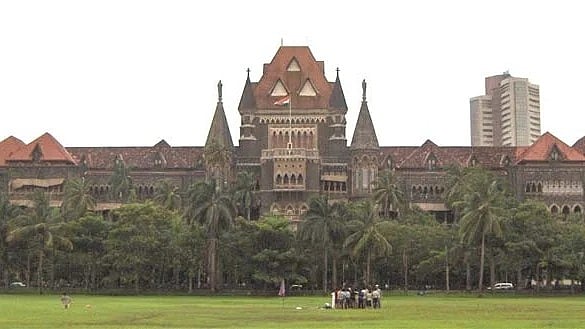"Air pollution, which had increased two months back due to climate change in Mumbai and surrounding areas, has now been significantly brought under control, because of measures taken by Brihanmumbai Municipal Corporation (BMC). The Air Quality Index (AQI) has improved at the beginning of the new year as compared to November 1, 2023. Colaba, Kandivali, Mulund, Sion and Worli saw a near 50% decline in air pollution on January 2, 2024. AQI has dropped below 100 in some areas. This implies that air pollution is experiencing a significant downtick. BMC is taking continuous efforts with the help of additional & advance resources to further improve the air quality in the entire Mumbai metropolis," the civic body stated in a press release on Wednesday.
Climate change and pollution chokes city
After the end of the monsoon, climate change brought increase in air pollution in various parts of the state, including the Mumbai Metropolitan Region. To overcome air pollution, chief minister Eknath Shinde had directed the BMC to take effective measures to mitigate air pollution. Accordingly, administrator and commissioner Dr Iqbal Singh Chahal, issued Standard Operating Procedures (SOPs) for air pollution control and insisted upon its stringent implementation. Measures taken at construction sites and the ongoing deep cleaning drive played a pivotal role in these extensive efforts taken by BMC to improve air quality.
Additional manpower with equipment has been deployed across the city of Mumbai to emphasize on dust control. Dust accumulated on roads, footpaths and public places is being removed with brush and then washed with water. Fogger, Anti-smog and other machines are being used. As a result, dust in the air has decreased drastically. Initially, 500 to 600 kilometers of roads were washed every alternate day, which now has been increased to 1,000 kilometers every day. BMC has also hired additional water tankers to meet this task.
Actions taken in Mumbai to curb air pollution
In Mumbai, stringent action has been initiated on construction sites, private or government, which are violating the prescribed guidelines. These guidelines include installation of tin /metal sheet cover around the construction project sites, enclosed with green cloth/jute/tarpaulin from all sides; continuous sprinkling / spraying water during demolition; fully covering vehicles carrying construction materials or debris and avoiding overloading or spillage from the vehicles; deployment of sensor-based air pollution monitoring systems, sprinklers, smog guns at construction sites; barricading construction sites, projects, bridges and flyovers; banning garbage burning in the open, etc. Strict implementation of all these measures is being ensured.
Dr Chahal has been holding regular review meetings in this regard and giving necessary directions from time to time and paid surprise visits at construction sites also. Notices have been issued to those found to have violated norms at the construction sites. Till date, notices have been issued to 2,955 structures that have not adhered to these guidelines. Show cause notices have been issued to 603 constructions whereas 868 construction works were stopped. Action was taken against 104 construction sites which were not covered by tarpaulin and penalty of Rs 2,10, 800 has been recovered from them. Furthermore, a penalty of Rs 16, 26, 008 was imposed in 284 cases of unauthorized C & D dumping and penalty of Rs.31, 900 was recovered in 70 cases of burning of garbage. These punitive actions helped in disciplining the construction works and establishment.
Other measures
"14 continuous ambient air quality monitoring stations have been installed by the Maharashtra Pollution Control Board (MPCB), nine by the Indian Institute of Tropical Meteorology Pune (IITM) and five by the BMC in the Mumbai metropolitan area. Readings taken at these sites on November 1, 2023 showed an adverse effect on air quality due to climate change. After the implementation of air pollution control measures, there has been gradual and significant improvement in the air quality," Dr Chahal said.






